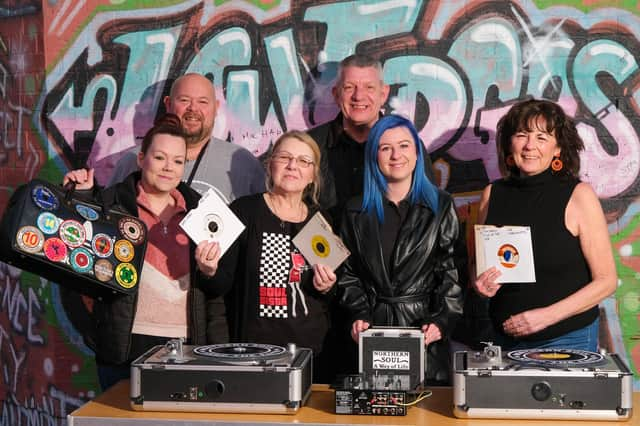Nurses and other NHS workers “felt a loss” during the Covid-19 pandemic because they were unable to do their jobs properly, an inquiry has heard.
Today marked the first day of the second set of hearings for Module 3 of the UK Covid-19 Inquiry following a break in sessions.
“I wasn’t aware because it wasn’t consulted. Nobody was listening to me. I’m insignificant”
Lena
This module is covering the impact of the pandemic on healthcare systems across the four nations.
The hearing this morning commenced with a moving video, featuring the voices of those impacted by the pandemic, including those who are bereaved and clinically vulnerable.
Topics covered in the video included pregnancy and birth, cancer treatment, lack of or delayed treatment for other conditions, end-of-life and palliative care and mental health.
Lena, from the West Midlands and whose last name was not provided, described the devastating loss of her husband Patrick, who had been working as a nurse in the NHS.
She said: “My Patrick is my devoted partner. He dedicated his nursing career to the NHS.”
Patrick tested positive for Covid-19 on 4 April 2020 and, shortly after, his health declined.
He began “looking grey” and “couldn’t stop shaking” and eventually was admitted to hospital, where he found out he had pneumonia in his lungs.
Patrick was then ventilated, and when Lena arrived at the hospital, she found him “in a makeshift room”.
At the time, Lena asked clinicians: “You’re not giving up on him are you? He’s one of you.”
Lena speaking in the UK Covid-19 Inquiry impact film
In response they said: “If you ask 10 different doctors, you’ll get 10 different answers.”
Lena said she was not aware that Patrick had been moved to palliative care, or that they had put a ‘do not resuscitate’ order on him.
She added: “I wasn’t aware because it wasn’t consulted. Nobody was listening to me. I’m insignificant.
“I asked to see Patrick and I was donned in [personal protective equipment]. At the time I thought ‘I’ve got more protection than Patrick had’.”
Eventually Patrick was extubated and died with Lena by his side.
Meanwhile, Emma, a mum who gave birth during the height of pandemic, described in the video how her labour “didn’t go as planned”.
“I can remember going into the hospital, and I had to go in by myself,” she said.
Emma was wearing a mask when her baby boy was born, which meant she “couldn’t seem him” properly.
“They didn’t want me to take the mask off,” she explained.
She described how there were times through the night where she would push the call button by her hospital bed “and no one would come”.
“You could hear the call buttons through the night, and you’d listen and think ‘that call button has been going for like half an hour, I hope that mum and that baby’s okay’, but there’s nothing you can do,” Emma added.
Similarly, her partner Nathan said it was a “really anxious time” as he was not able to support her during the labour.
He noted that he was also “not party to any of the information” that was being shared between the hospital and Emma.
Nathan said: “I didn’t have any time to really see the baby or make sure [Emma was] okay.
“I remember driving home and crying.”
The inquiry heard earlier this month that maternity was not seen as an essential service during the pandemic, which caused tension between women, families and staff.
Gill Walton, chief executive of the Royal College of Midwives, told the inquiry that restrictions around visiting during appointments and on birth settings caused distress for midwives, who felt they were disappointing and upsetting women in their care.

Natalie speaking in the UK Covid-19 Inquiry impact film
This was echoed in the impact video by Natalie, a palliative care professional in South Wales.
She described how all NHS workers “felt a loss” from not being able to do their jobs properly during the pandemic.
She described how, at one point, she was looking after the father of one of her colleagues.
Natalie said: “I was there, she missed him dying, and people had to watch people die through windows.
“I got to be in the room and they were in the garden.
“I can’t imagine what that was like for them and I know that’ll never leave them.”
More from the UK Covid-19 Inquiry







